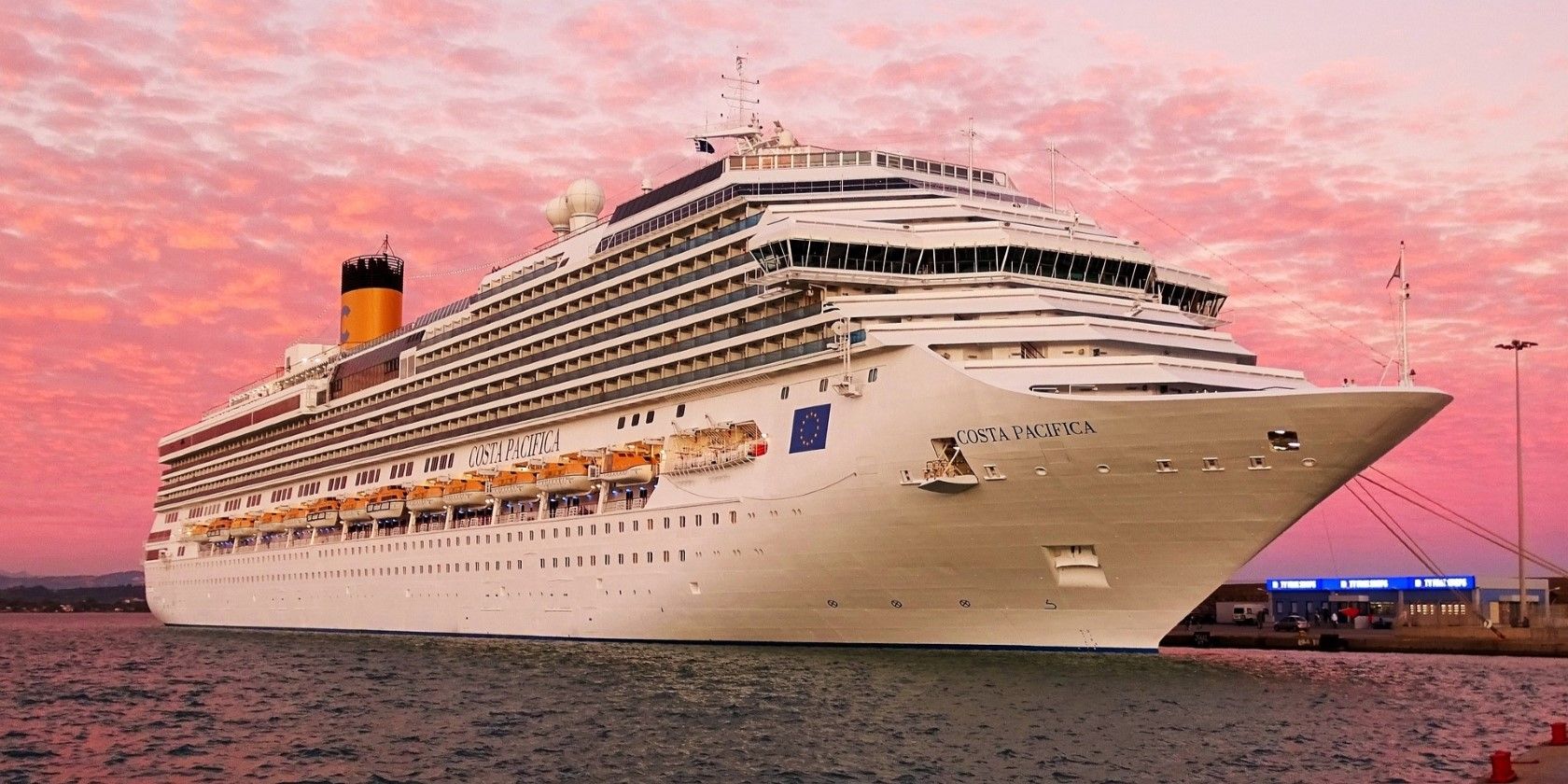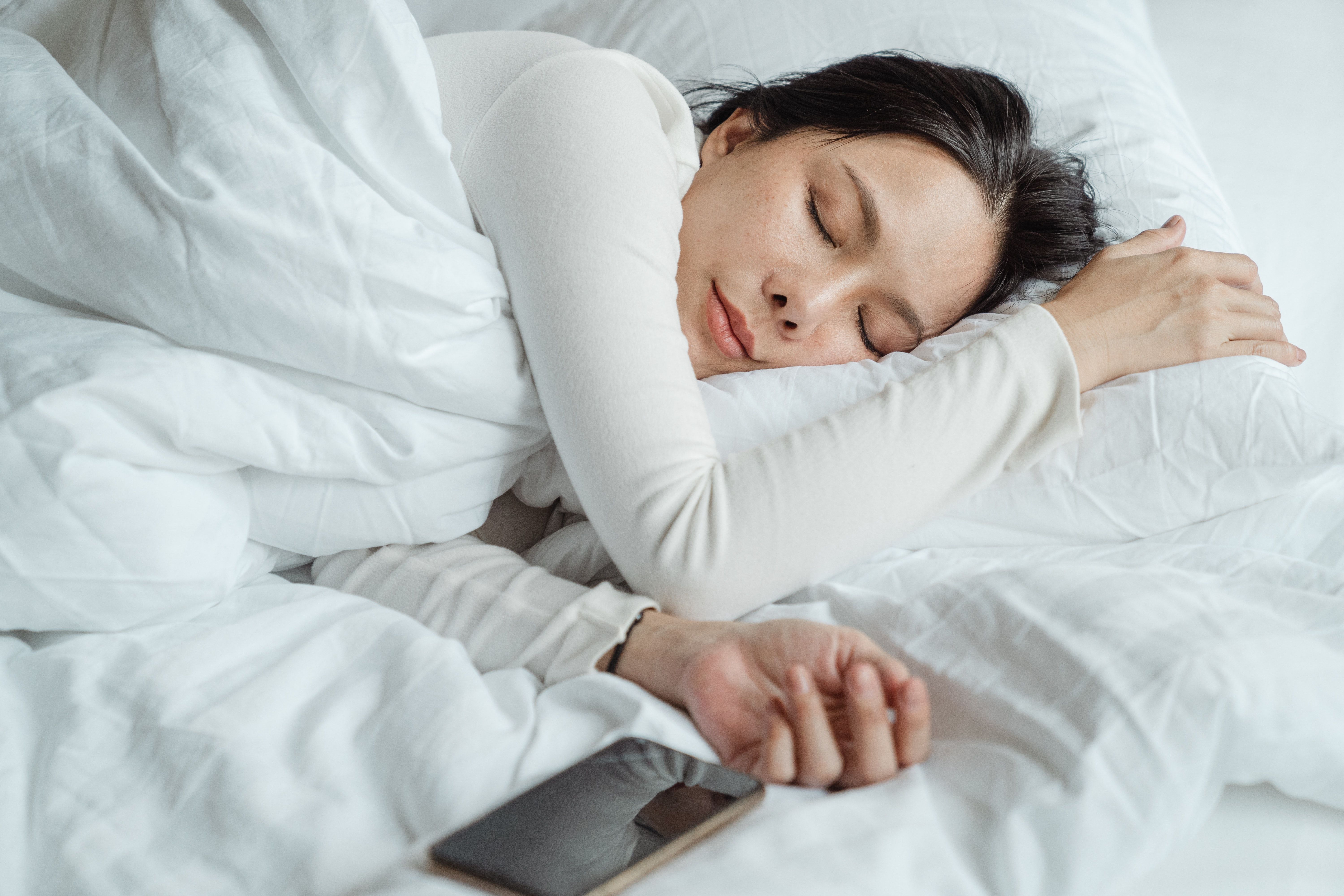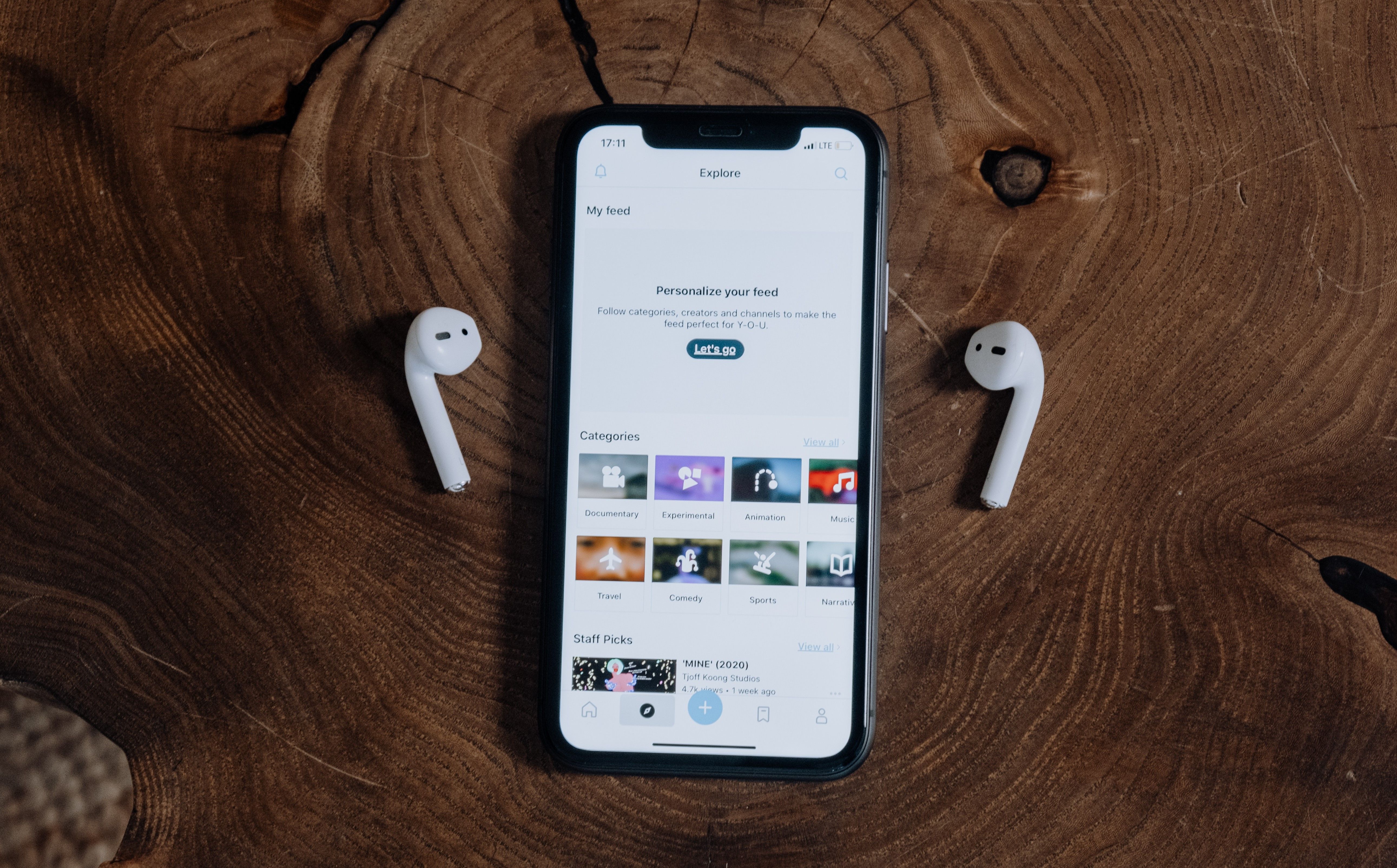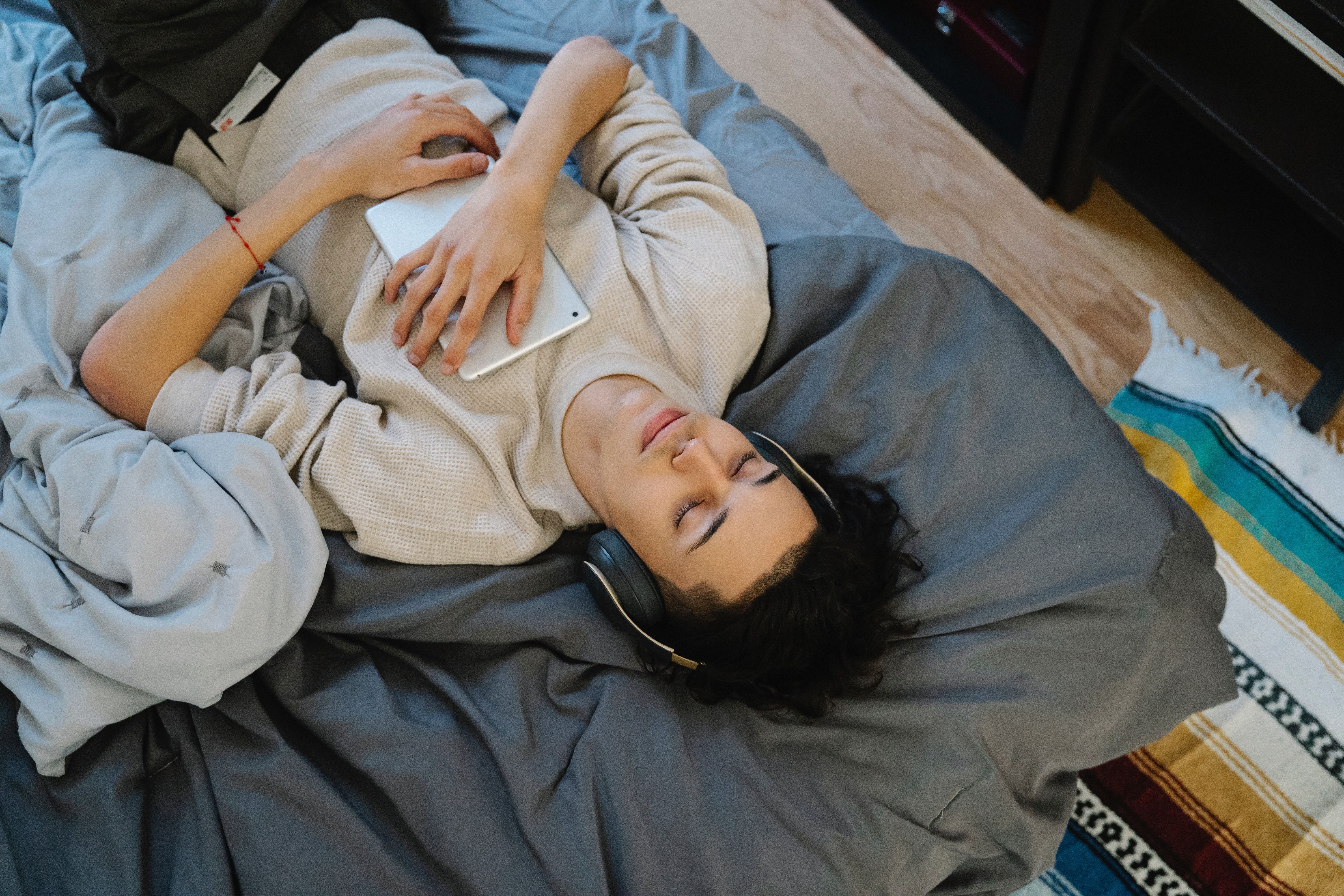Traveling by boat or cruise is exciting, but your experience onboard can vary depending on the weather. If you have an upcoming sail planned, it’s worth knowing how to prevent seasickness before you depart in case you experience severe weather during your crossing.
Whether you’re traveling on a small boat or a large ship, here are some of the best ways to prevent seasickness while sailing. (Top tip: check out these ideas before you travel so you can download any necessary tools without getting stung by maritime roaming charges).
What Is Seasickness and What Is It Caused By?
Before we dive into how to prevent seasickness, let’s look at what it is and why it happens. Understanding the condition can help you better prepare for and prevent it if the dreaded sensation hits.
Seasickness is a type of motion sickness. When there’s a lot of unusual movement occurring, your brain can’t process the conflicting information your eyes, ears, and body are sending. Your brain’s confused reaction to these muddled signals is what makes you feel seasick.
Symptoms of seasickness can include:
- Nausea
- Dizziness
- Fatigue
- Headache
- Rapid breathing and heart rate
- Vomit
Although incredibly unpleasant, there are tools you can use to prevent seasickness. We’ve outlined five steps you can take to help avoid as well as manage feeling ill when at sea.
1. Breathe Slowly and Deeply
According to PubMed, controlled breathing (slow diaphragmatic breathing) has been shown to decrease motion sickness. Therefore, one of the best ways to prevent seasickness is to breathe slowly and deeply.
Controlled breathing can be trickier than you think, however, especially if you’ve not tried it before. Many of us are in the habit of breathing quickly and shallowly, so it can take a bit of practice to slow your breath down.
To help improve your breathing, you can download a meditation app that offers breathwork guides. This way, you can be prepared if seasickness overcomes you while you’re traveling.
It’s worthwhile practicing rhythmic breathing before you depart so that if and when seasickness hits, you can call upon this method automatically. Start by breathing through your nose gently and exhaling through your mouth. Try to slow your breathing down and make each inhale and exhale last as long as possible (don’t hold your breath!); counting can help you control the timing.
2. Stay Hydrated
There are plenty of hydration apps around that remind you to drink water, and you may need this reminder when you’re seasick. The thought of putting anything in your tummy while it's somersaulting can make you feel worse, but it’s important to stay hydrated if you become seasick.
The important thing to do when trying to stay hydrated is to sip your water. Downing a glass of water might hit your stomach wrong and come shooting back up as quickly as you swallowed it! (Remember, this is what we’re trying to avoid, not encourage). How you drink is almost more important than how much you drink when you’re poorly at sea.
To help prevent seasickness, make sure you drink plenty of water before you board your ship. Starting hydrated is better than trying to catch up later if you’re struggling to take in and keep down any fluids.
3. Lay Down and Sleep (if You Can)
If you’re feeling dizzy and nauseous onboard, one of the best things you can do is lay down flat on your back. This can help align the sensory cues that your brain has muddled up and will hopefully ease any nausea and other symptoms.
Prior to departing, however, it’s worth getting some extra sleep in to prevent seasickness, as feeling tired and exhausted can make you more susceptible to unpleasant symptoms. If you struggle with getting a good night's sleep, it might be worth trying an app designed to help battle insomnia or even investing in a smart sleep mask to improve your rest time.
Booking a cabin is a good option to help prevent seasickness. If you’re going on a long voyage and you have the option to book a cabin, pick one that’s close to the center of the boat (and lower down, if possible). There’s less motion here which will reduce your chance of becoming seasick. Having a cabin also provides somewhere quiet and private where you can lie down if seasickness hits you.
Even better: try to sleep off the seasickness. Think of sleep as time travel to freedom!
4. Listen to Soothing Sounds to Help Relax
While you’re laying down to prevent seasickness (or any other comfortable position you manage to settle in), listening to soothing sounds will help you relax. Anxiety and panic can make seasickness worse, so an ambient sounds app might do just the trick.
You’ll find plenty of apps for listening to calming sounds on your device’s app store. The trick is to pick one that you know will relax you, so trying out a few different apps when you’re still on dry land is advisable. There is a wide variety of sounds available, from rain and thunderstorm sounds to white noise and ambient music, so take the time to pick a sound app that you enjoy—and that you know will help you relax.
5. Listen to an Audiobook to Distract Yourself
If you’re struggling to prevent seasickness, the next best step you can take is to distract yourself from feeling ill, and what could be more enjoyably distracting than listening to a story?
Looking at your phone’s screen may make you feel worse, but if you are able to control your device with your voice, opening an audiobook app could be your best bet.
Listening to an audiobook is a fully immersive experience as you’re taken away to another world (i.e. a better one than the physical plane you’re currently suffering in!)
Audible is a popular audiobook app with plenty of stories to choose from, and you can often benefit from a free trial of the app if you’re not ready to purchase. Alternatively, there are other free and cheap audiobook apps you can try to find the perfect story to listen to.
If you're not an audiobook person, then you could listen to a podcast series instead. Podcasts are more accessible than audiobooks, and the majority of them are free. Just make sure you download any episodes or books you wish to listen to before you leave. If your ship doesn’t offer free Wifi, you don’t want to be stung with a whopping data bill for connecting to Maritime roaming charges.
How to Prevent Seasickness on Your Next Cruise
Feeling sick aboard your cruise can be miserable and unpleasant, but the steps above can help you prevent seasickness. Remember to take it easy, try to stay still and lay down if you can, and—if severe—reach out for help. There is always a team of trained first-aid staff aboard, so you can ask for help and support.







